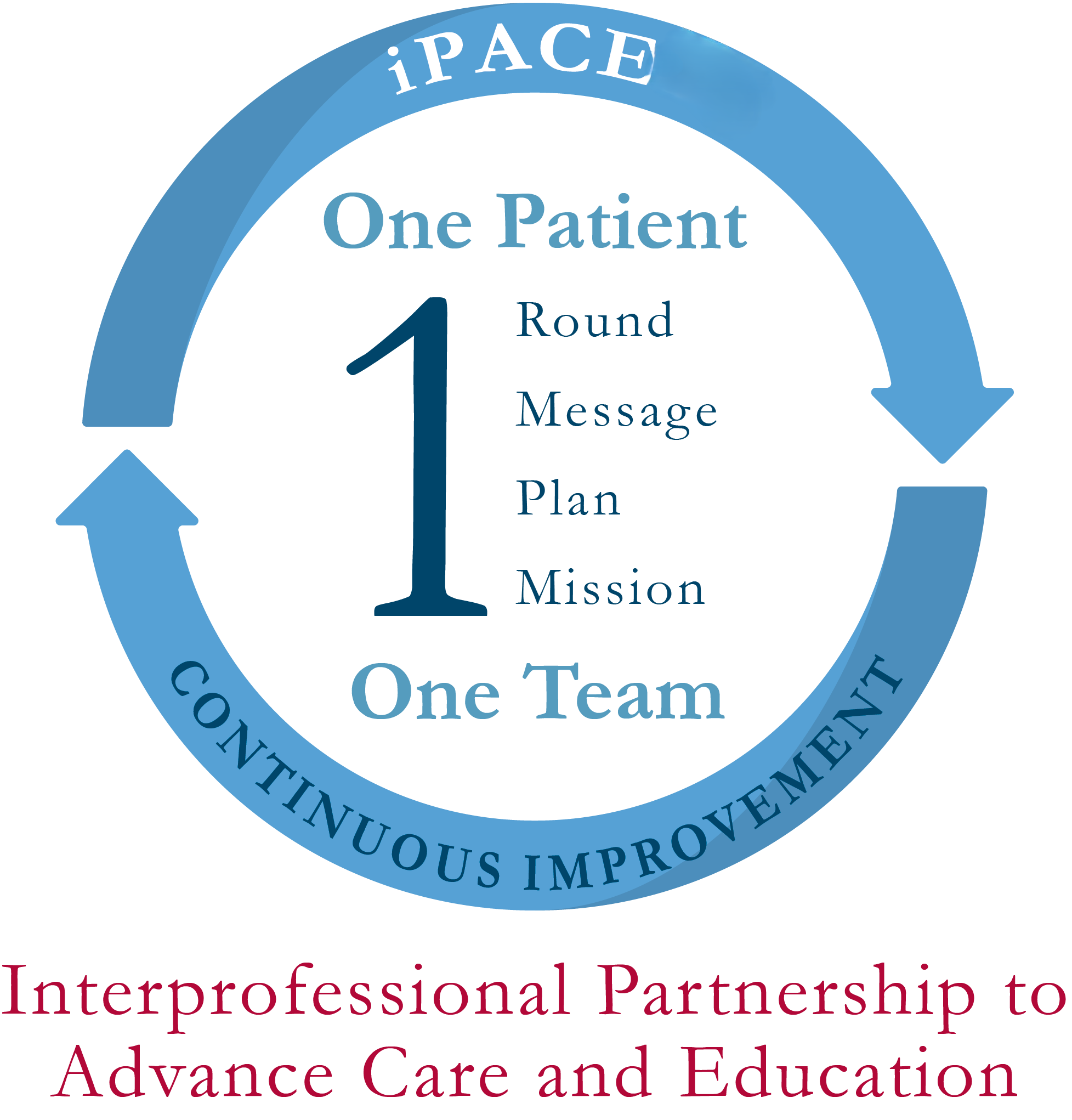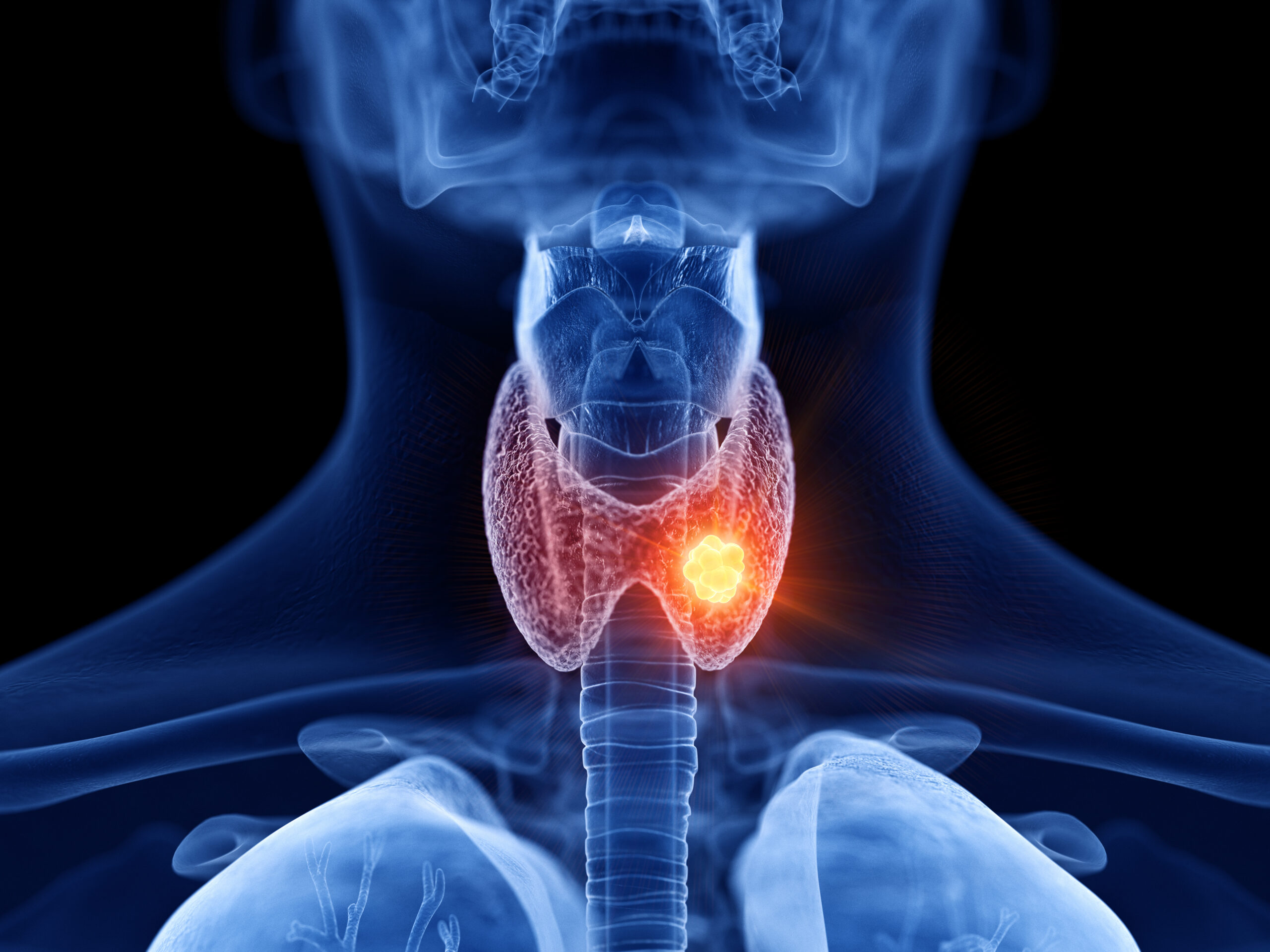How Ought the Law to Deal with Implanted Medical Devices – Professor Muireann Quigley, University of Birmingham
Original Article Reference
This SciPod is a summary of the paper:
Share Episode
About this episode
Attached and implanted technologies are now part of everyday life for many millions of people. Yet as the capabilities of these devices have advanced rapidly in recent years, lawmakers have struggled to keep pace. Professor Muireann Quigley at the University of Birmingham believes that it is now more critical than ever that the law catches up with the technological and social change wrought by attached and implanted medical devices, especially ‘smart’ ones. Through the Everyday Cyborgs 2.0 and DIY Diabetes projects, she and her colleagues hope to bring law, regulation, and policy regarding these technologies into the 21st century.
This work is licensed under a Creative Commons Attribution 4.0 International License. 
What does this mean?
Share: You can copy and redistribute the material in any medium or format
Adapt: You can change, and build upon the material for any purpose, even commercially.
Credit: You must give appropriate credit, provide a link to the license, and indicate if changes were made.
Related episodes
Ren Kimura | Listening to Our Cats’ Kidneys: How a Handful of Mirror-Image Molecules Could Reveal Feline Health
Amino acids are a fundamental building block for fur, muscle, and every other living tissue on Earth. These molecules come in “left-handed” (L) and “right-handed” (D) forms, a bit like gloves that fit different hands or mirror images. Life largely runs on the left-handed set, so biologists once assumed the right-handed versions were irrelevant. Yet nature quietly manufactures these D-amino acids and they can play a role in certain biological processes. In research led by Japanese analytical chemist Ren Kimura of the R&D-Analytical Science Research department of the Kao Corporation, Japan, researchers reveal that these overlooked molecules may offer an early-warning beacon for one of the most common and deadly ailments in cats, chronic kidney disease (or CKD for short), and they may even have potential in diagnosing human conditions.
Dr. Sarah Hallen | The patient will see you all now: redesigning clinical learning for better outcomes
If you picture doctors making their daily rounds through hospital floors, you might imagine a single doctor standing by a bedside, examining a patient’s chart, or perhaps a group of doctors discussing a case right outside a patient’s room. However, the future of hospital care may well look more like a well-choreographed team effort, with doctors, nurses, pharmacists, students, and patients themselves, all in the same room, and all working as one team. This is exactly what Dr. Sarah Hallen and her colleagues at MaineHealth Maine Medical Center Portland envisioned when they created the iPACE model, short for Interprofessional Partnership to Advance Care and Education. Launched in 2017, this model is not just changing how doctors are trained; it’s leveraging team synergies to reshape what it means to deliver healthcare.
Prof. Francis Worden | Breaking Barriers in Cancer Care: How Lenvatinib Offers Hope for Resistant Thyroid Cancer
Thyroid cancer is one of the more common cancers globally, and for most patients, the prognosis is generally favorable with timely and effective treatment. The usual course involves surgery to remove the thyroid gland, followed by radioactive iodine therapy to eliminate any remaining cancerous cells. However, for a subset of patients, the story is far more complicated. When thyroid cancer no longer responds to radioiodine therapy, a condition known as radioiodine-refractory differentiated thyroid cancer, the outlook becomes significantly more daunting. These patients face limited treatment options and a much grimmer prognosis.
Troy Norris | The Wellbeing Balance Model: A Personalized Approach to Design Effective Wellbeing Interventions
Research from Troy Norris at the WellBalance Institute for Positive Wellbeing reveals how a novel approach to measuring wellbeing can lead to more effective personalized interventions. The Wellbeing Balance and Lived Experiences (or WellBalance) Model and Assessment extends traditional wellbeing measures by evaluating both positive experiences and the feelings they generate, enabling tailored approaches to enhance individual flourishing based on specific life circumstances.
Increase the impact of your research
• Good science communication helps people make informed decisions and motivates them to take appropriate and affirmative action.
• Good science communication encourages everyday people to be scientifically literate so that they can analyse the integrity and legitimacy of information.
• Good science communication encourages people into STEM-related fields of study and employment.
• Good public science communication fosters a community around research that includes both members of the public, policymakers and scientists.
• In a recent survey, 75% of people suggested they would prefer to listen to an interesting story than read it.

Step 1 Upload your science paper
Step 2 SciPod script written
Step 3 Voice audio recorded
Step 4 SciPod published




